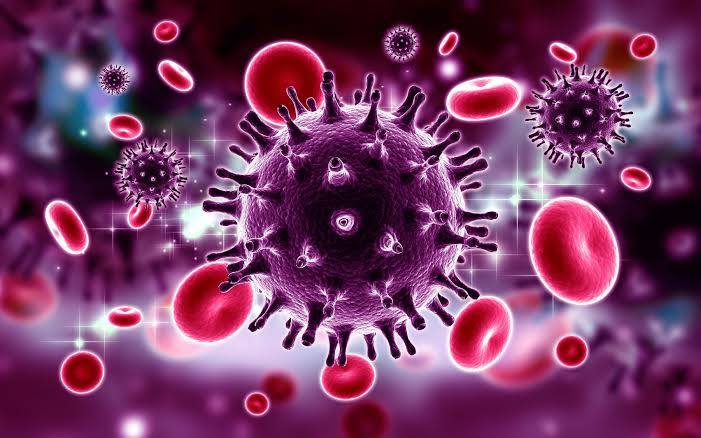
When it comes to health and immunity, your blood type can play a bigger role than you might think. Recently, there’s been growing curiosity about whether certain blood types—especially Type O—have any influence on the risk of contracting HIV or the progression of the disease. So what’s the connection between HIV and blood type O, if any? Let’s take a closer look at what the science says and what you need to understand....CONTINUE FULL READING>>>>
1. What Is HIV?
HIV (Human Immunodeficiency Virus) is a virus that attacks the immune system, specifically the CD4 cells (T cells), which help the body fight off infections. If left untreated, HIV can lead to AIDS (Acquired Immunodeficiency Syndrome), a more advanced stage of the infection where the immune system becomes severely weakened.
2. The Role of Blood Type in Health
Your blood type—A, B, AB, or O—is determined by specific antigens on the surface of your red blood cells. While blood type is most commonly discussed in the context of transfusions, it’s also been studied for its possible links to various diseases, including heart disease, COVID-19, and yes—even HIV.
3. Does Blood Type O Offer Protection Against HIV?
There is no conclusive evidence that blood type O directly prevents someone from contracting HIV. However, some studies suggest that blood type might influence susceptibility or disease progression in subtle ways. For instance:
- A few small studies have explored whether people with Type O blood may have a slightly lower risk of HIV infection, possibly due to how the virus interacts with the immune system and blood cell receptors.
- Others have proposed that blood type could affect how quickly the disease progresses once someone is infected.
That said, these studies are not definitive, and HIV transmission depends much more on behavioral, biological, and environmental factors—like unprotected sex, sharing needles, or having other sexually transmitted infections (STIs).
4. What Matters More Than Blood Type?
When it comes to HIV prevention and treatment, your choices and access to healthcare matter far more than your blood type. Here’s what really helps:
- Using protection during sexual activity
- Getting regularly tested for HIV and STIs
- Not sharing needles
- Taking PrEP (Pre-Exposure Prophylaxis) if you’re at high risk
- Starting treatment early if you test positive (antiretroviral therapy can reduce the virus to undetectable levels)
5. Should People With Blood Type O Be Concerned?
Everyone—regardless of blood type—should take HIV seriously and practice prevention. Having Type O blood does not guarantee immunity, nor does it eliminate risk.
If you’re Type O, you may find some studies interesting, but they shouldn’t replace proven methods of HIV prevention or create a false sense of security...CONTINUE FULL READING>>>>
